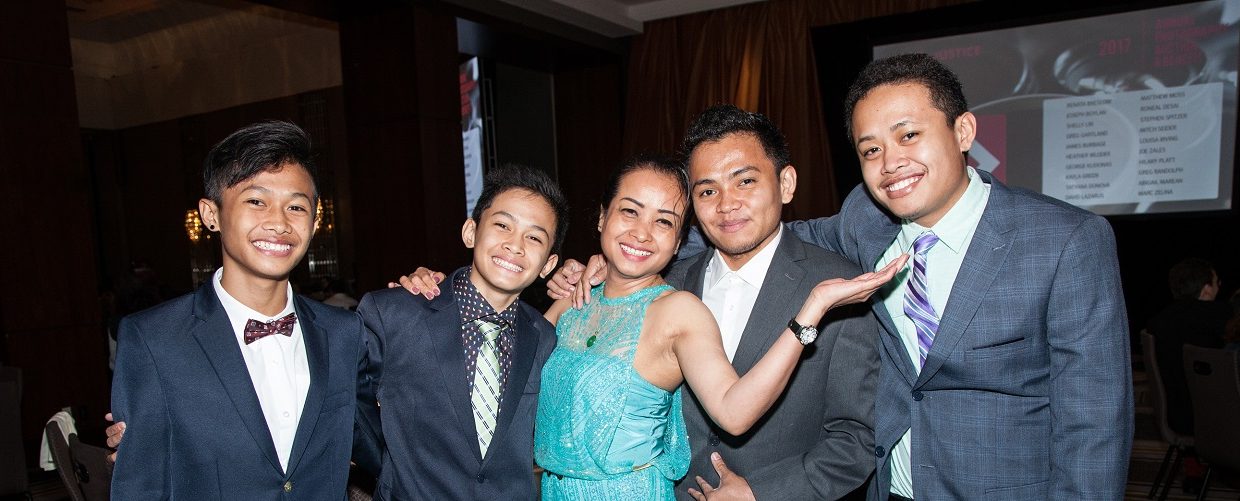Chavie’s Justice
Religion and lifestyle choices not decisive factor in Hasidic custody case
Chavie was 30 years old and a former adherent of the Hasidic faith when she came to Her Justice in 2012 seeking to change the terms of the custodial agreement she and her ex-husband had reached for their three children before an all-male tribunal of rabbis.
Background
As per the religious divorce, they had originally agreed to joint custody of the children with visitation rights for the ex-husband and Chavie as the residential parent. They also agreed to raise the children in the Hasidic faith, including sending them to Hasidic schools. Since the agreement however, Chavie was slowly moving away from her faith and finding a new identity for herself.
Before Chavie could initiate the changes she desired in the custody agreement, her ex-husband served her with emergency papers seeking an immediate change of custody. Upon learning that Chavie identified as pansexual, was sharing her residence with a transgender person, had relinquished her religious beliefs and lifestyle, and was exposing her children to a world outside the Hasidic faith, the father attempted to gain sole custody of the children through an emergency application to the court to gain an urgent change of custody.
Approach
Her Justice quickly responded to this emergency by securing pro bono representation for Chavie through law firm Seward & Kissel, LLP. However, in 2015, the trial court found that Chavie had violated the ‘religious-upbringing clause’ in their divorce agreement and awarded the ex-husband sole residential custody of their children. Chavie’s visitation would also be limited if she did not agree to reinstate a religious upbringing for her children. She was also required to keep her new sexual identity a secret from them.
Seward & Kissel immediately appealed the trial court decision.
Outcome
In their appeal, Seward & Kissel argued that Chavie’s constitutional liberty and religious freedom had been violated. In 2017, the Appellate Division determined that the trial court’s ruling lacked “sound substantial basis’ and in fact, violated Chavie’s rights. Chavie’s right to reveal her sexuality, live her life as she saw fit, including sharing that with her children and offering beliefs other than those upheld by the Hasidic faith, was ultimately validated. The trial court decision was overturned and Chavie regained custody of her three children. She agreed to raise her children in a Kosher home, that they would attend Hasidic schools and that her ex-husband would be responsible for their religious observance.
Find out more about divorce
Give to Her Justice
Her Justice stands with women living in poverty in New York City so our clients – many of whom are survivors of intimate partner violence – can get free legal counsel to achieve safety and self-sufficiency.
Your support makes the difference between long-term stability and extreme poverty, even homelessness, for NYC women and their children.
Email Call Tel: 646.442.1181
Sign Up
Subscribing to our newsletter provides all the latest updates and information about the work we're doing to help those in need.
Our Stories
- Marjer’s Path to Financial Security & Safety
- Justice for Natalia*
- A Financially Independent Future
- Waiting for Freedom
- Justice for Ndeye
- Arlene’s Justice
- Justice for Teresa
- Amanda’s Justice
- Shirley’s Justice
- Esther’s Justice
- Alice M.’s Justice
- Flora’s Justice
- Myrna’s Justice
- Teresa’s Justice
- Chavie’s Justice
- Augusta’s Justice
- Kay’s Justice
